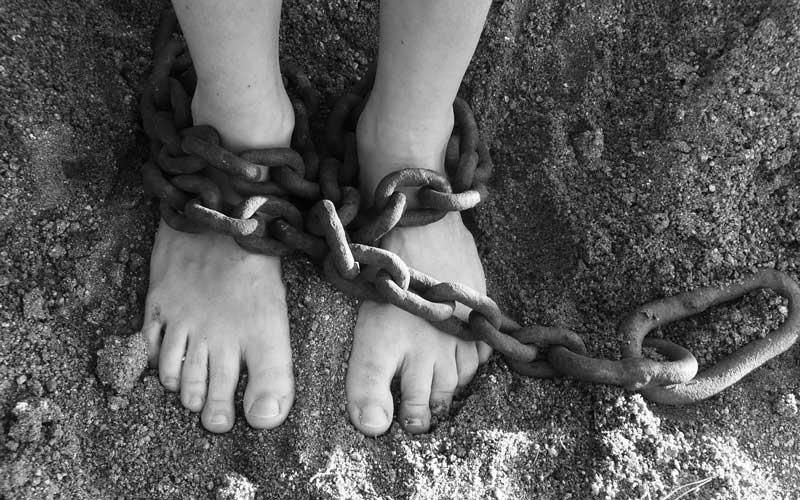×
The Standard e-Paper
Fearless, Trusted News

A US report has accused Kenya of uneven protection of trafficked adults, saying majority of victims are subjected to forced labour.
According to the report, Kenyan authorities "continue to treat some victims as criminals, and the availability of protective services for adult victims remains negligible”.